Internet users worldwide criticized a New York Times article that compare China's COVID-19 control measures to the Holocaust, saying "it diminishes the Holocaust and demeans all health workers."
While attacking COVID control measures in Xi'an, the article used the term "banality of evil", a term coined by philosopher Hannah Arendt to describe Adolf Eichmann, one of the chief architects of the Holocaust.
Such comparison drew anger from internet users worldwide. Netizens shared their condemnation on Twitter.

"It is grossly inappropriate to refer to the efforts of health care workers, in China or anywhere else, as the ‘banality of evil' reminiscent of the holocaust and Adolf Eichmann. It diminishes the Holocaust and demeans all health workers," retweeted an internet users under the name Andre Damon, a writer and editor.

Some Internet users urged ADL (Anti-Defamation League) to object to New York Times over this article. The organization had previously made it clear that "it's never appropriate to compare requirements for public health with the tactics of Nazi Germany. As we've said too many times to count, minimizing the Holocaust in this way is deeply and harmful."
More internet users criticized this article as an shameless propaganda aimed at whitewashing gross mishandling of COVID-19 pandemic in the United States.

American netizen Marc Davis tweeted "this @NYTimes article about China's 'Zero-COVID Policy' reads like a propaganda piece that is trying to whitewash our own government's disastrous and disorganized COVID response by painting China's public health policy as extreme and unreasonable."
Many internet users refuted the article and supported China's COVID-19 control measures.

"China has fewer dead bodies from COVID compared to the U.S.," Yunjin Kinnie tweeted.

"In America, we are free to die," another internet user tweeted drawing more than 200 likes.

"Almost a million Americans died and still some people pretend to have higher moral ground," Richvon tweeted.








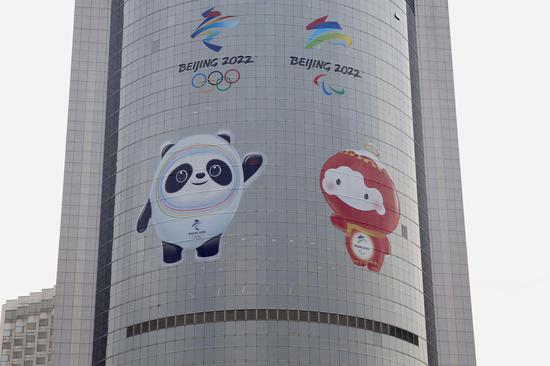



















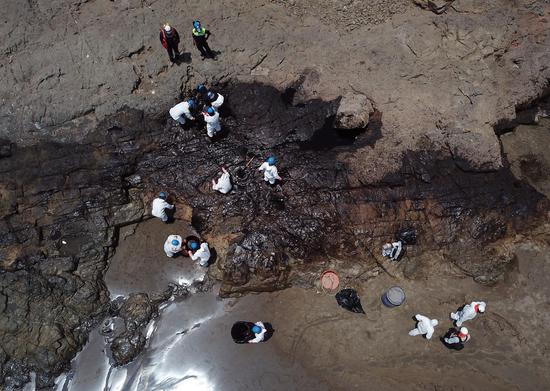
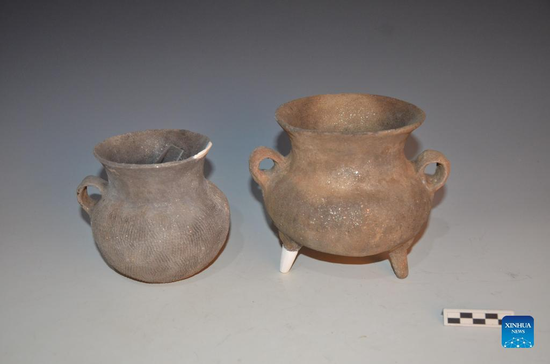


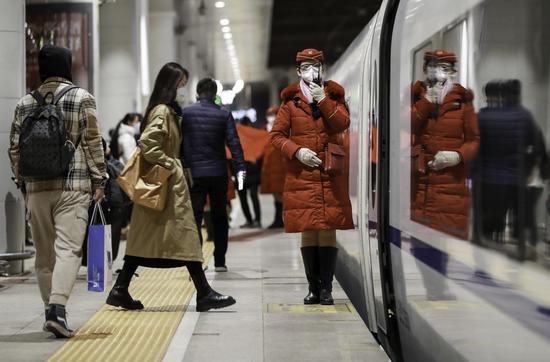


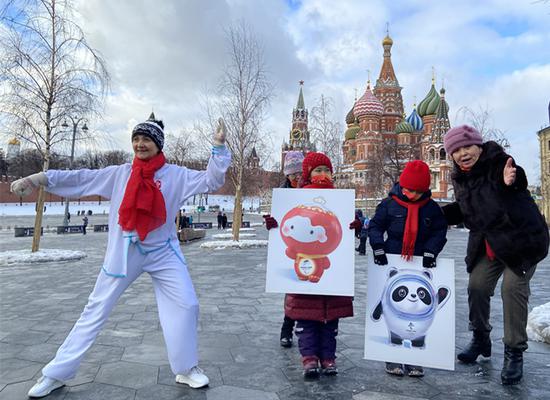




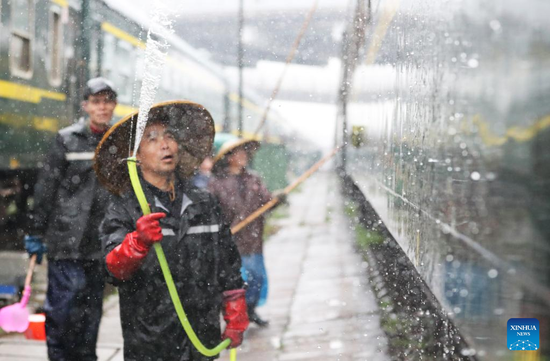

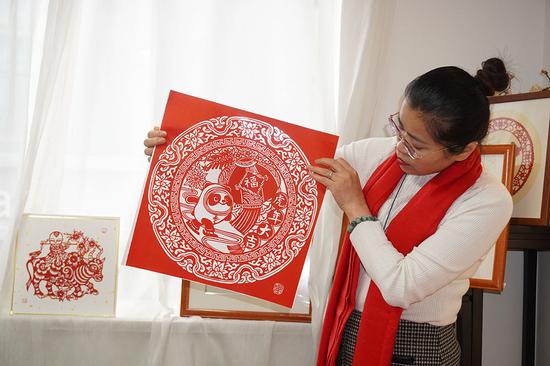
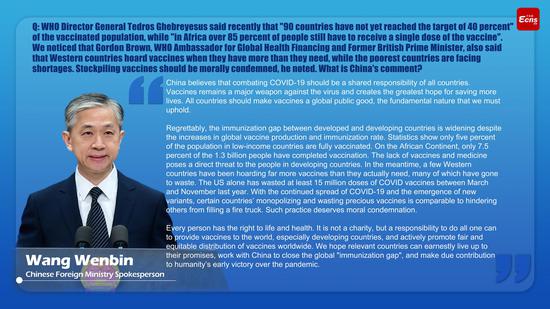
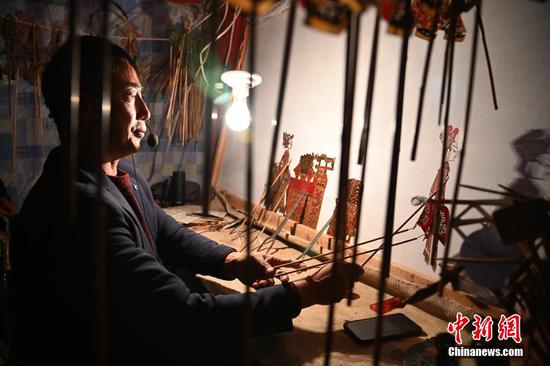





 京公网安备 11010202009201号
京公网安备 11010202009201号